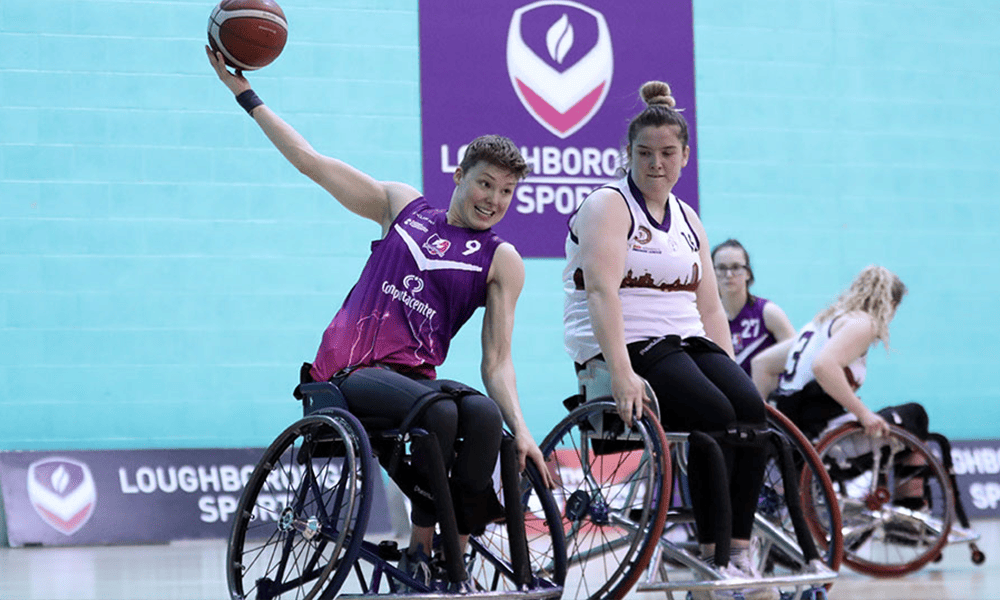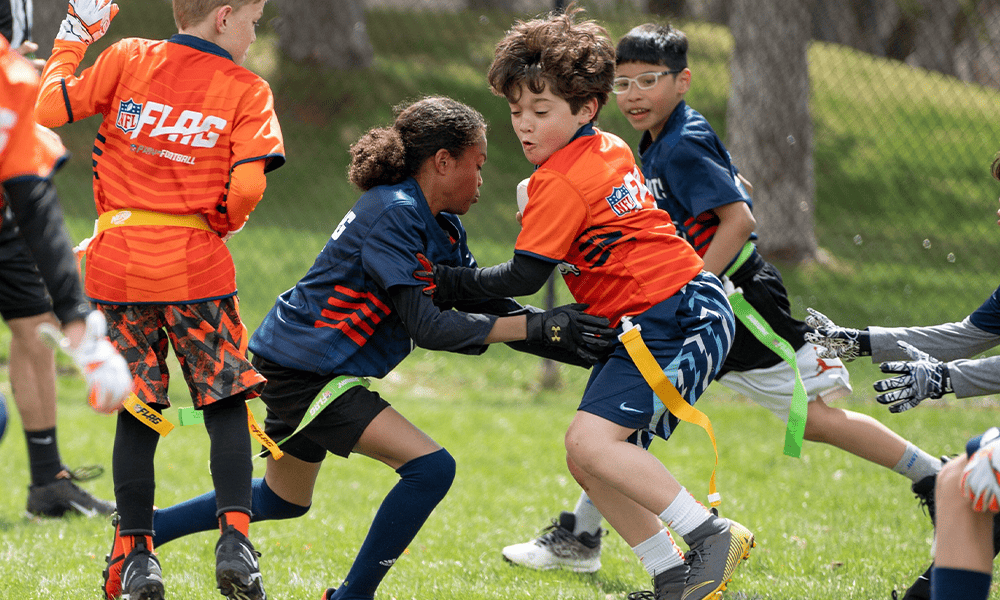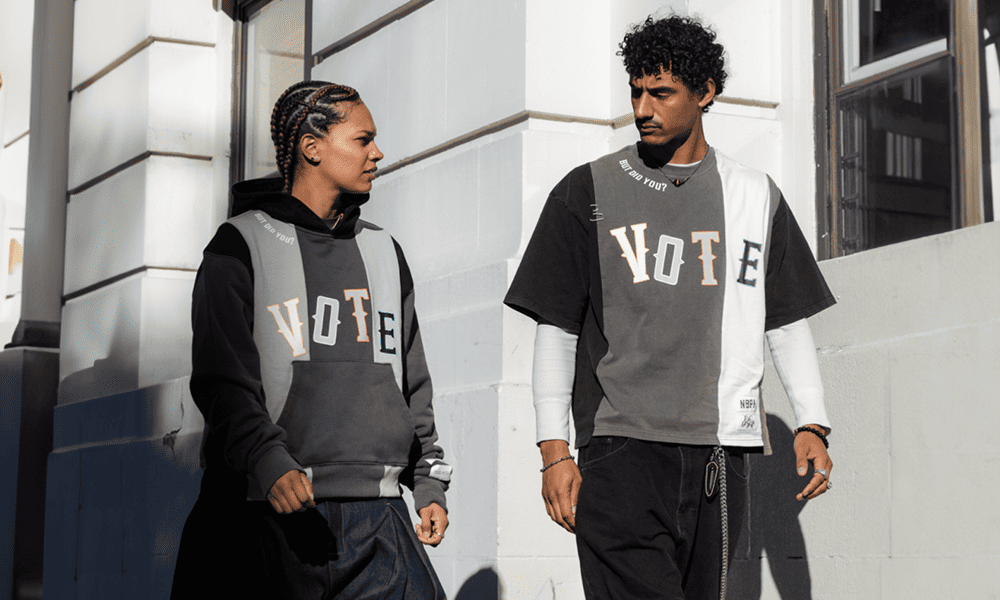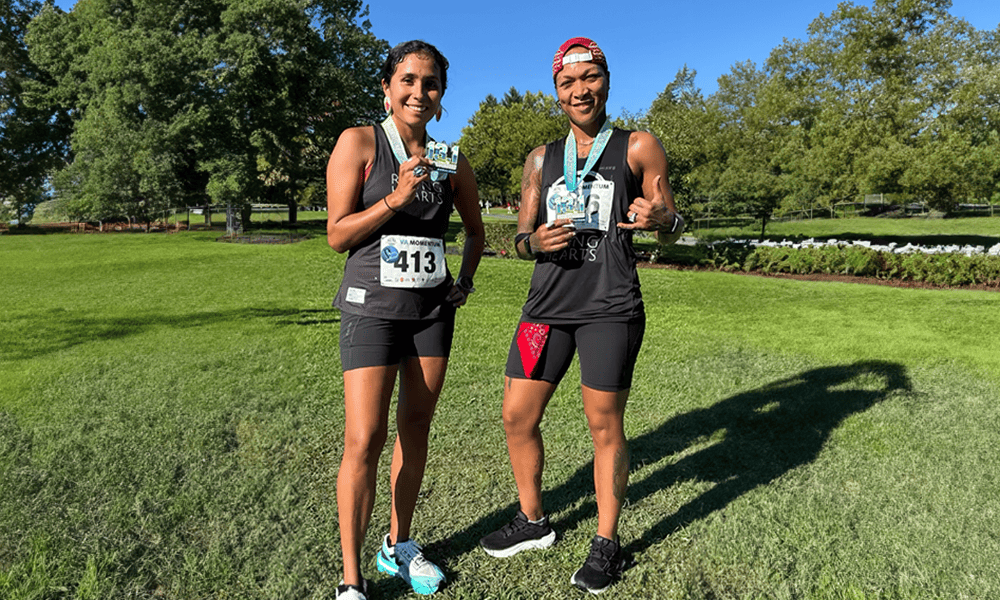February 10, 2023
Howard University’s men’s basketball team in Washington, DC is taking a focus on racial health disparities in the US – specifically for Black women, a group at higher risk for pregnancy-related complications and death. The HBCU (Historically Black Colleges & Universities) launched its Black maternal health project for the 2022-23 season as part of its social justice work and has since run multiple activations to raise awareness of the national crisis.
Black women are three times more likely to die from a pregnancy-related cause than White women in the States, and they face racism from healthcare providers at higher rates. According to the CDC, multiple factors contribute to these disparities, such as insufficient quality of healthcare, underlying chronic conditions, structural racism and bias.
Dr. Monica Ponder, Assistant Professor of Health Communication and Culture at Howard University – and Return to Play Fund Expert Advisory Council member – works on racism and health disparities for Black and Brown communities. Her REFOCUS Project provides a real-time crisis monitoring system and educational resources for public health practitioners. These tools are used to support historically marginalized and disproportionately affected populations during public health crises like the COVID-19 pandemic, where marginalized communities were disproportionately less equipped and supported.
Dr. Ponder shared her insights on how the pandemic highlighted important existing disparities in the healthcare system at Beyond Sport United 2022, where she spoke on rebuilding trust in the system and how the sport sector can play a role.

Team coaches explained that last year’s decision to overturn Roe v Wade, which protected an individual’s right to abortion, decided the player’s on their project focus. This decision left millions of women without access to abortions and appropriate healthcare. Abortion rights advocates also say that racial pay disparity affects Black and Brown women’s ability to secure childcare and housing, leaving an unsafe environment for mothers to raise children.
“Being at an HBCU, we also know that Black people, especially Black women, are generally more impacted by issues in American society than other groups. As a team with Black mothers, aunts, sisters, and friends across each of our lives, in addition to being on a campus that is predominately female, we felt like it would be helpful to organize around an issue that affects them, and one that is not talked about nearly enough,” said Team Captain Jelani Williams.
The team has since taken part in a series of educational workshops designed to give them the depth of knowledge needed to become informed advocates. In late January, they celebrated the Martin Luther King Jr. Day of Service by putting together pregnancy care kits at Mamatoto Village, a maternal health center run by and for Black women. The following day during the Howard basketball team’s halftime ceremony, players from the Golden State Warriors and Washington Wizards presented scholarship checks of $7,500 to two expecting Howard students who were going to be balancing education and motherhood.
“Women’s health issues aren’t just women’s health issues. Everyone is affected by this, not only the women but also men,” Howard basketball coach Kenney Blakeney told CNN. He explained that he recruits players who have a passion for social justice activism and shared plans for more activations in the coming months.





